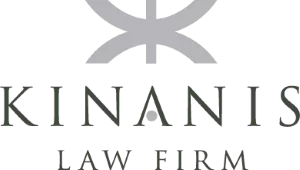Prior to the landmark European Court of Justice case C-453/22 (Schütte), reclaiming wrongly imposed VAT from suppliers posed challenges for taxable persons.
Typically, recipients were required to engage directly with suppliers to rectify invoice discrepancies and reclaim overcharged VAT. However, if suppliers were unresponsive or inaccessible, recipients faced hurdles in reclaiming VAT directly and often resorted to civil law actions, which were deemed commercial matters.
The ECJ case, however, ushered in a significant change. Recipients now have a viable recourse when unable to recover overpaid VAT from suppliers. This ruling serves as a safeguard against liquidity disadvantages stemming from improperly invoiced VAT.
Following the case, the ECJ ruled that taxpayers erroneously charged VAT by suppliers and subsequently paid such VAT can directly claim reimbursement from VAT authorities in the following cases:
The supplier refuses to correct invoices and pay back the VAT
charged;
The supplier is not allowed to claim back the VAT from the VAT
Authorities due to period limitations based on the CY Law;
The supplier is insolvent.
Moreover, recipients are entitled to related interest in such cases, ensuring a more streamlined and equitable process for VAT refunds.
Stay informed and leverage this new precedent to safeguard your financial interests in VAT transactions.
The content of this article is intended to provide a general guide to the subject matter. Specialist advice should be sought about your specific circumstances.

